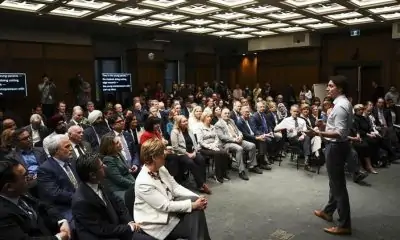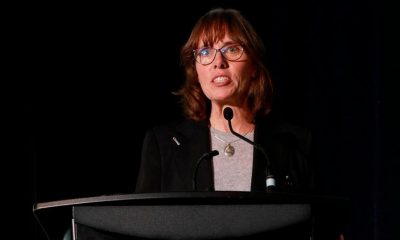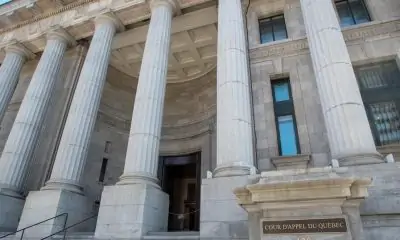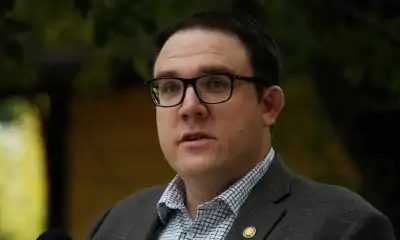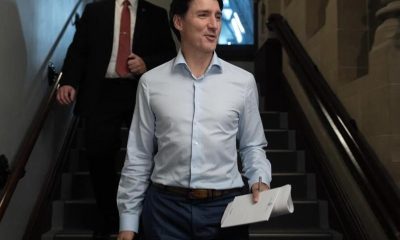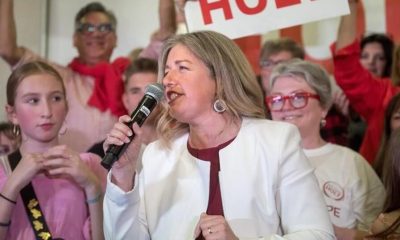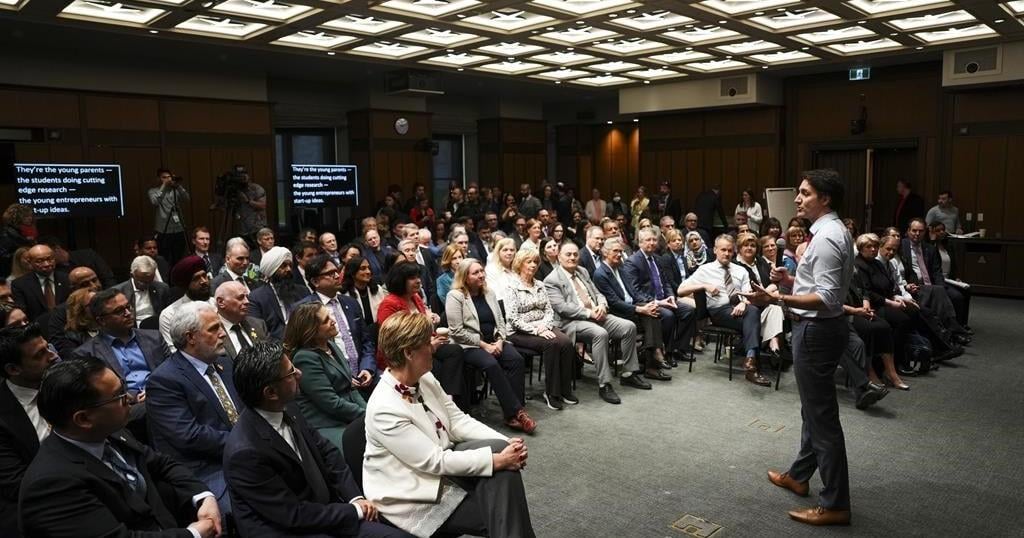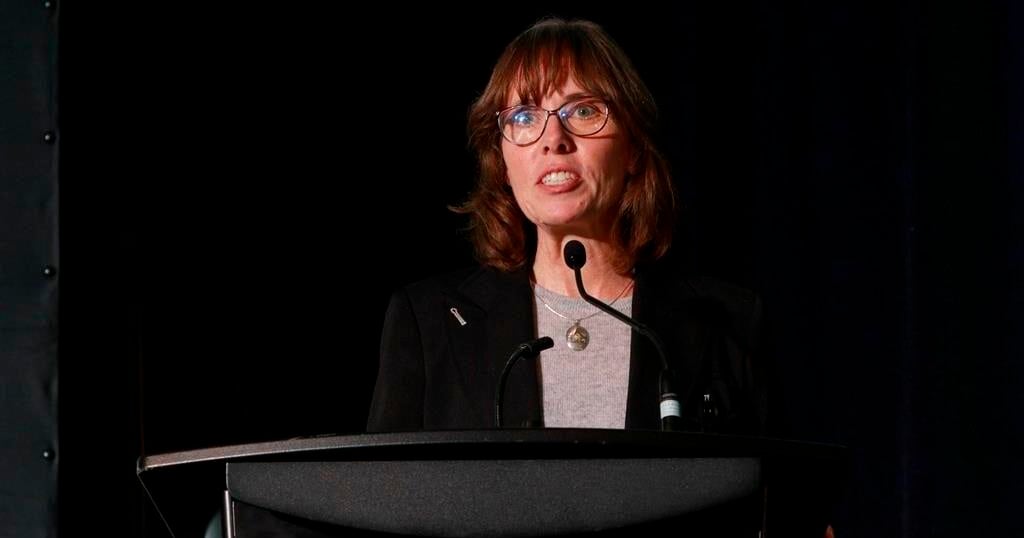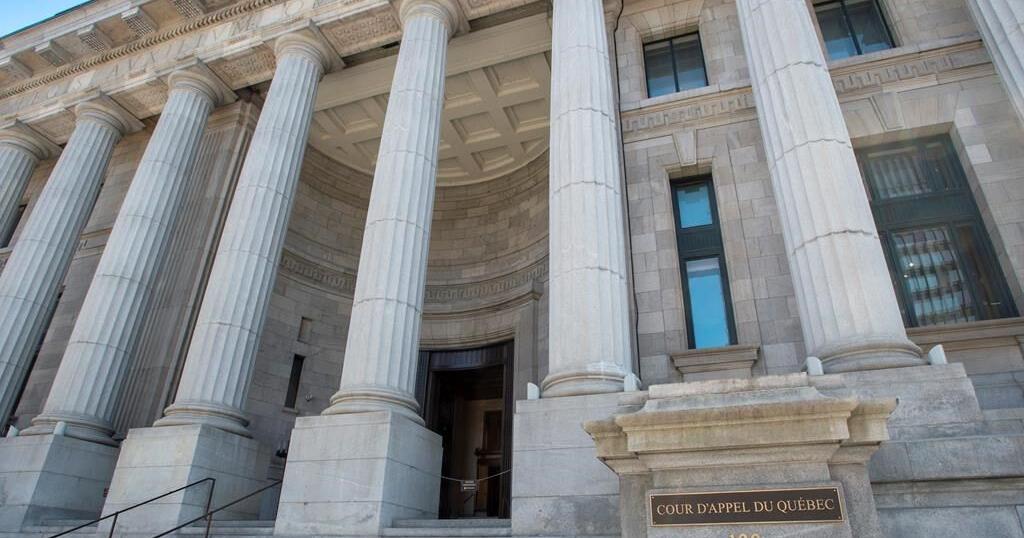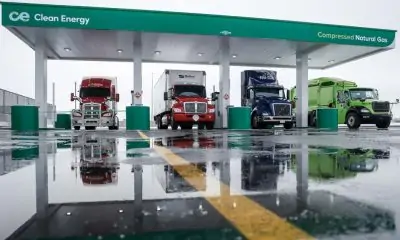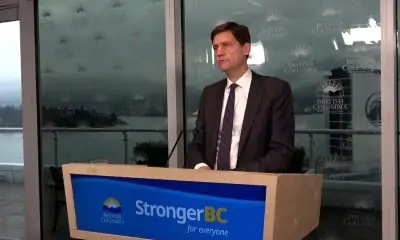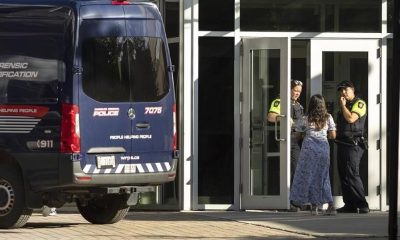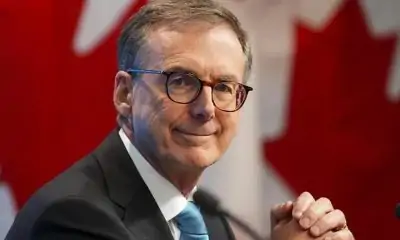OTTAWA – Prime Minister Justin Trudeau told his MPs Wednesday that he would reflect on what they had to say in a three-hour caucus meeting where some Liberals confronted him about his leadership.
Trudeau was smiling when he left the meeting on Wednesday afternoon, and as he walked briskly past a horde of reporters on Parliament Hill he said only that the Liberal party is “strong and united.”
While Liberal MPs were tight-lipped about what happened behind closed doors, most agreed with the prime minister that they were indeed united — though notably many expressed a unified desire to defeat the Conservatives rather than support for Trudeau.
“Yes there is some fatigue over Trudeau, it’s true, it’s clear,” said Nova Scotia Liberal Kody Blois in French Wednesday.
“At the same time, I am a member of the Liberal party and I believe the best vehicle for the Canadians in the next election is the Liberal party, whether it’s Mr. Trudeau or another option. I think our discussions in caucus were constructive… but we are united in the necessity to fight Poilievre.”
Ontario Liberal MP Yvan Baker said it’s up to Trudeau to decide whether he stays on as leader.
“I think our party is united on a path forward to make sure we’re addressing the needs of Canadians, and stopping Pierre Poilievre,” he said.
More than 50 people spoke at the meeting, said British Columbia MP Ken Hardie. He described the conversation as very respectful, and said that caucus must also reflect on what it has heard.
Rumours have circulated for weeks that an undisclosed number of Liberal MPs have signed on to an effort to oust the prime minister in the hopes of improving the party’s chances in the next election.
The Canadian Press has confirmed reports that 24 Liberal MPs signed on to a letter that was presented to Trudeau at the meeting, asking him to step down.
The letter asks the prime minister to let the caucus know what he decides by Oct. 28, but Trudeau made it clear that he feels he’s the right person to lead the Liberals into the next election against Conservative Leader Pierre Poilievre, Ontario Liberal MP Charles Souza said after the meeting.
“Justin Trudeau is reflecting and he’s standing strong, and we’re standing strong as well, as a Liberal party,” Souza told reporters.
“We as a party recognize that the real threat here is Pierre Poilievre, and that’s what we’re fighting for.”
Ontario Liberal MP Nate Erskine-Smith said the caucus was scheduled to hear details of the plan for the next election from their newly appointed national campaign director Andrew Bevan, but the conversation about Trudeau’s leadership pushed Bevan off the agenda.
“My colleagues need to turn the knives outwards and not inwards, and we need to focus on the most important thing, which is getting things done here in Parliament and taking the fight to Pierre Poilievre,” he said.
Trudeau has so far showed no signs that he plans to step down from the top job.
Conservative Leader Pierre Poilievre gleefully poked Trudeau about the “chaos” in his caucus in question period, referencing the infighting within the Liberal party in each one of his questions, and demanding that Trudeau call an immediate election.
“He cannot fix what he broke because his caucus is revolting,” Poilievre said.
Trudeau received a rousing standing ovation from his caucus the first time he got to his feet and he stood there trying to stifle a grin, before insisting that his party allows for open conversations and is united, unlike what he said the Conservatives do.
“I want to thank all members of this House for their rousing show of confidence,” he said, after his caucus sat down.
Following the last election, Liberal MPs opted against availing themselves of rules that would allow a small number of MPs to force a secret ballot leadership vote in caucus. That means Liberal MPs have no way to force the prime minister to leave his post, and the decision about whether to stay on or step aside is entirely up to him.
Newfoundland MP Ken McDonald, who has already said he does not plan to run in the next election, said some of his colleagues who do plan to put their name on the ballot are nervous because of poor polling numbers.
He said he signed on to the letter, though MPs have been careful not to reveal exactly what the letter said.
McDonald said Trudeau needs to “start listening, listening to the people.”
When asked if he would vote non-confidence in the government, McDonald said it’s not something he is considering at this point, but “it is an option, it’s an option for everybody.”
“It is a tool, yes, but will it get the attention of the prime minister? I don’t know.”
He publicly called for the party to hold a leadership review back in January, but later walked those comments back.
Charlottetown MP Sean Casey also signed the letter. After the meeting, he would not discuss what happened except to say, with a deadpan expression, that it was “great.”
Before the meeting, Casey had said that he wished there was a mechanism to have a blind ballot so MPs could signal their confidence, or lack of confidence, in Trudeau’s leadership anonymously.
New Brunswick MP Wayne Long, who has also said he signed the letter, did not take questions after the meeting.
Trudeau’s personal poll numbers plummeted more than a year ago, and the Liberals have consistently trailed the Conservatives in national polls for a year.
Successive byelection losses over the summer in Toronto and Montreal have compounded concerns about his ability to lead the party into the next election.
Trudeau isn’t just facing calls for his departure from within the caucus. A group of Liberal supporters launched a petition this week calling for caucus and the national executive of the party to vote on their confidence in Trudeau as leader in a secret ballot and report the results to Trudeau and party faithful.
The group won’t yet say how many people have signed the petition, and said the signatories will be kept secret.
This report by The Canadian Press was first published Oct. 23, 2024.



